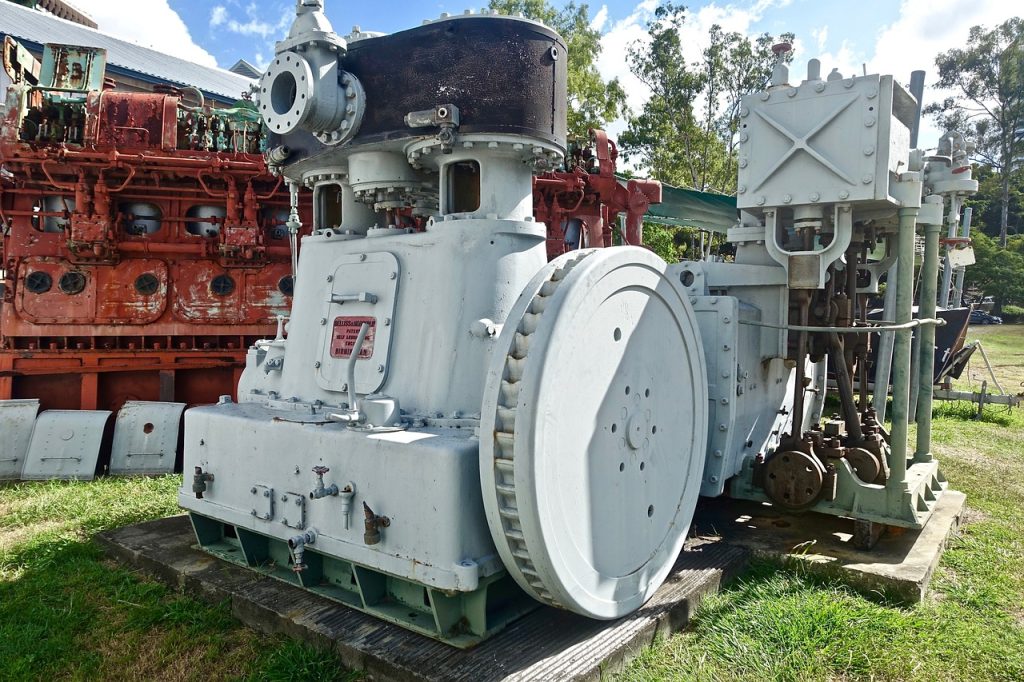Introduction:
Diesel generators are essential power sources used in a wide range of applications, from residential backup power to industrial operations. In hot climates, the performance and efficiency of diesel generators can be significantly affected due to the extreme temperatures and environmental conditions. This article aims to provide a comprehensive guide on how to optimize diesel generator performance in hot climates, highlighting key considerations, maintenance practices, and technological advancements.
Understanding the Impact of Hot Climates on Diesel Generators:
Hot climates present unique challenges for diesel generators, as high temperatures can affect various components of the generator system. One of the primary concerns in hot climates is the overheating of the engine, which can lead to reduced efficiency, increased fuel consumption, and potential damage to critical components. Additionally, high temperatures can impact the cooling system, electrical components, and overall performance of the generator.
Key Considerations for Diesel Generators in Hot Climates:
1. Cooling System:

The cooling system is crucial for maintaining the optimal operating temperature of the diesel generator. In hot climates, it is essential to ensure that the cooling system is functioning effectively to prevent overheating. Regular inspection and maintenance of the radiator, coolant levels, and hoses are essential to avoid issues related to heat buildup.
2. Air Filtration:
Hot climates often have high levels of dust and debris in the air, which can impact the performance of the diesel generator. Proper air filtration is essential to prevent the accumulation of contaminants in the engine and ensure efficient combustion. Regular cleaning and replacement of air filters are necessary to maintain optimal performance.
3. Fuel Quality:
In hot climates, fuel quality can be a concern, as high temperatures can lead to fuel degradation and contamination. It is crucial to use high-quality fuel and store it in suitable conditions to prevent issues such as microbial growth and water contamination. Regular fuel testing and treatment are recommended to ensure the reliability of the generator.
4. Insulation and Ventilation:
Proper insulation and ventilation of the generator enclosure are essential in hot climates to regulate internal temperatures and prevent overheating. https://www.lkpowerplant.com/product/special-offer-reliable-high-power-200kw-efficient-diesel-generator-set-for-industrial-use/ and insulation can help maintain a comfortable operating environment for the generator and extend its lifespan.
5. Maintenance Practices:
Regular maintenance is key to optimizing the performance of diesel generators in hot climates. Scheduled inspections, oil changes, filter replacements, and system checks are essential to identify and address potential issues before they escalate. Following the manufacturer's maintenance guidelines and recommendations is crucial for ensuring the reliability of the generator.
Technological Advancements for Diesel Generators in Hot Climates:
Advancements in technology have led to the development of innovative solutions to enhance the performance of diesel generators in hot climates. Some of the key technological advancements include:
1. Advanced Cooling Systems:
Newer diesel generators are equipped with advanced cooling systems that are designed to operate efficiently in hot climates. These systems may include features such as variable speed fans, temperature sensors, and improved radiator designs to optimize cooling performance and prevent overheating.
2. Remote Monitoring and Control:
Remote monitoring and control systems allow operators to monitor the performance of diesel generators in real-time, regardless of their location. This technology enables proactive maintenance, troubleshooting, and performance optimization, enhancing the reliability and efficiency of the generator in hot climates.
3. Adaptive Control Systems:
Adaptive control systems use sophisticated algorithms to adjust the operation of the generator based on environmental conditions such as temperature and humidity. These systems optimize fuel consumption, engine performance, and overall efficiency, making diesel generators more resilient in hot climates.
4. Heat Resistant Materials:
The use of heat-resistant materials in the construction of diesel generators can improve their durability and performance in hot climates. Components such as exhaust systems, engine casings, and insulation materials are designed to withstand high temperatures and reduce the risk of heat-related issues.
Conclusion:
Optimizing the performance of diesel generators in hot climates requires a proactive approach that includes understanding the impact of environmental conditions, implementing key considerations, following maintenance practices, and leveraging technological advancements. By taking these factors into account, operators can enhance the reliability, efficiency, and longevity of diesel generators in hot climates, ensuring a continuous and reliable power supply for various applications.
